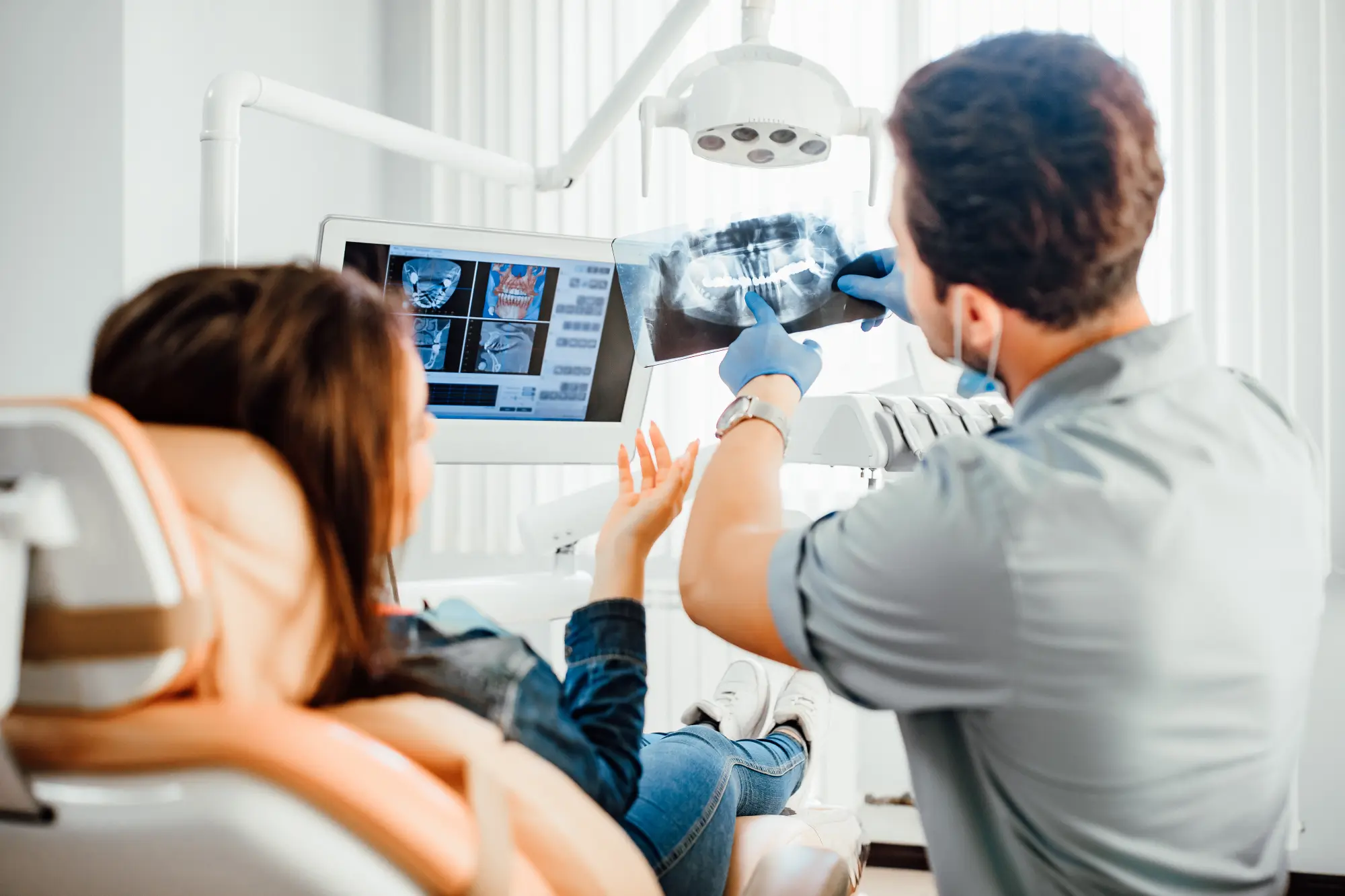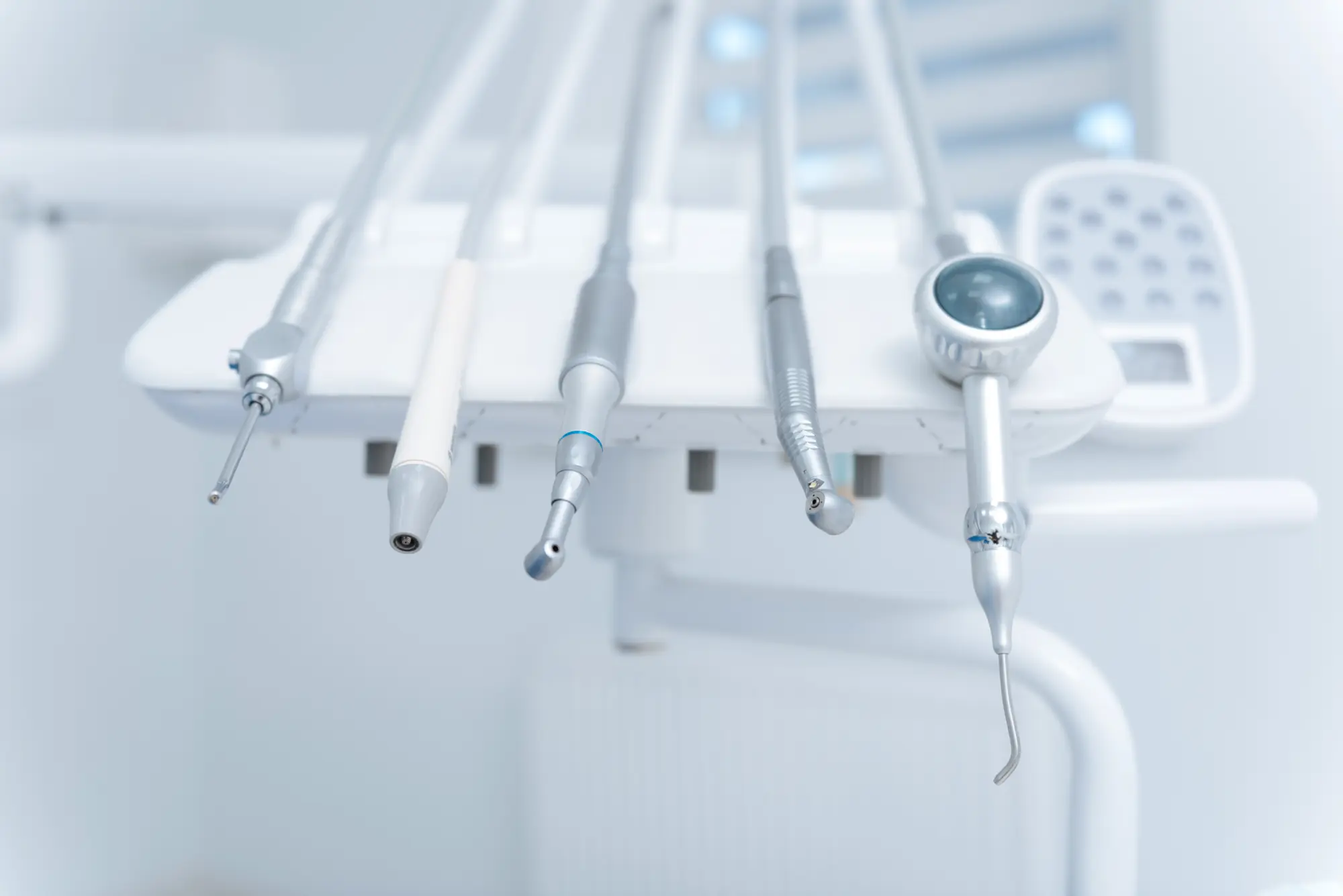Tooth loss can be a traumatic experience, whether you lose teeth during an accident or due to illness. The good news is, there are several treatment options to restore your smile and regain functionality, including dentures, bridges, and dental implants.
While dental implants are not right for every patient, they are generally considered the most desirable option because of the many benefits they infer. They’re not only permanent replacements for missing teeth, but because the titanium screw that acts as a base for the crown bonds with the jaw bone, they can help to prevent bone loss common following the
loss of a tooth.
In addition, dental implants function and look the most like natural teeth, allowing patients to eat, drink, smile, laugh, brush, and floss with confidence. They also tend to be the longest-lasting tooth replacement.
That said, dental implants are not without potential problems. While most patients experience few, if any, issues with their implants, there are cases in which dental implants could fail without proper treatment. Here are just a few early and late dental implant issues that patients may experience.
Inflammation
It’s not unusual to experience some discomfort and swelling following any intensive dental procedure, but it should subside in short order as your mouth heals. If inflammation persists, however, you could be experiencing peri-implantitis, a condition related to dental
implants.
Peri-implantitis is more than just ongoing inflammation. If it goes untreated, it can lead to pain and bleeding, the formation of pus, and even bone loss that causes the implant to ultimately fail. This condition is commonly associated with diseases like osteoporosis or diabetes, as well as prior oral health concerns like periodontitis.
In addition, peri-implantitis is more likely in patients who use tobacco products, as well as those that have poor oral hygiene practices. It may also occur in conjunction with issues like bruxism, where patients clench the jaws or grind teeth.
On the upside, many of these factors can be controlled with help from experienced dental professionals, and there are treatment options to explore, including improved oral hygiene practices, the use of antimicrobial therapy, and in some cases, debridement (removal of damaged tissue). Surgical options may follow if these treatments don’t produce significant improvement.
Infection
Infection is always a concern following oral procedures, and in the case of implants, it can have serious and lasting consequences. The biggest contributors to this potential problem are personal habits, including poor oral hygiene and tobacco use, although health conditions and medications that affect immunity and the body’s ability to heal can also play a role.
The importance of healthy habits and good oral hygiene cannot be overstated when it comes to successful implantation. If you want the best chance to avoid implant failure, optimizing health is essential.
Movement
When your natural teeth and your jaw are healthy, they work together to provide the strong system needed to chew food. When you replace a tooth with a dental implant, there’s always a chance it might not work as well as your real teeth, even though it is designed to hold up to the same stresses your natural teeth do.
Unfortunately, you could experience movement (looseness and shifting) from your dental implant for a variety of reasons. The most common is insufficient bone density to support the structure of the implant, as well as bone tissue that simply doesn’t bond correctly with the titanium post at the base of the implant.
The main solution for such issues is a bone graft procedure, whereby bone is added to the jaw to create a denser, more stable base for the implant. This procedure can take several months to complete, as it takes time for your jaw to heal and the graft to succeed.
Whether you have insufficient bone density from the start, due to age, heredity, or health complications, or you experience osseointegration issues (the jaw bone won’t heal and bond to the implant correctly), a bone graft could improve the general fitness of your jaw to support an implant and ensure success.
Dental implants are an excellent option to explore as you attempt to recover from the shock and disappointment of tooth loss. If you’re seeking expert advice and services related to dental implants, contact the qualified and caring professionals at Rio Vista Family Dentistry today at 619-299-1122 or online to schedule an appointment and discuss your options.





